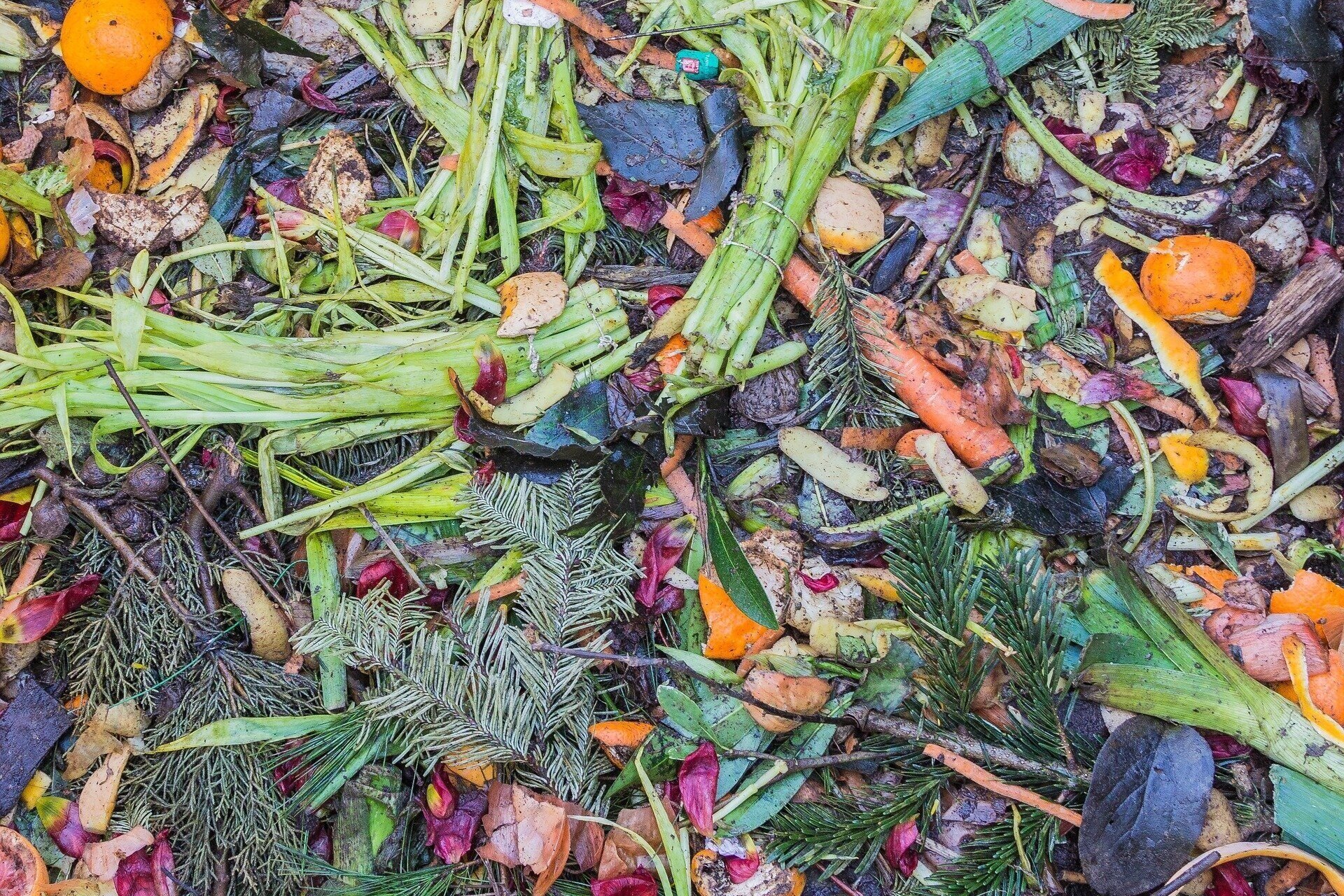Composting
Composting is the controlled act of decomposing organic matter to create crumbly, brown, earthy-smelling, nutrient-rich, soil amendment. Only four ingredients are necessary for a basic compost recipe: carbon, nitrogen, air and water.
WHY SHOULD I COMPOST?
1. Compost is a nutrient-rich, earthy, brown, crumbly soil amendment you can make yourself from kitchen scraps and yard waste.
2. Compost is a natural fertilizer that improves soil quality, supports diverse soil ecology, and increases plant health and resilience. Incorporating compost in soil reduces the need for chemical fertilizers, herbicides, insecticides, and fungicides.
3. Compost in soil improves water retention and plant root uptake, reducing the need to water your garden, lawn, and landscapes.
4. Approximately 1/3 of residential waste is compostable food and paper. Composting reduces reliance on landfills.
5. Food waste disposed in landfills breaks down anaerobically where it produces methane- the most potent of greenhouse gasses, and leachate- which must be captured and treated as waste water. Both are regulated, monitored and managed by landfill operations, and are costly.
6. Landfills are typically located in rural areas, and statistically most likely to be located in communities of color. These communities are most impacted by landfill traffic, noise, and odors produced by anaerobic decomposition.
7. The more Durham residents compost, the less gas and tax dollars will be spent hauling trash to the Sampson County Landfill.
What composting method best suits your needs?
Additional Resources
Vermicompost
Backyard Compost
Commercial Compost
Compost/Food Scrap Sharing



